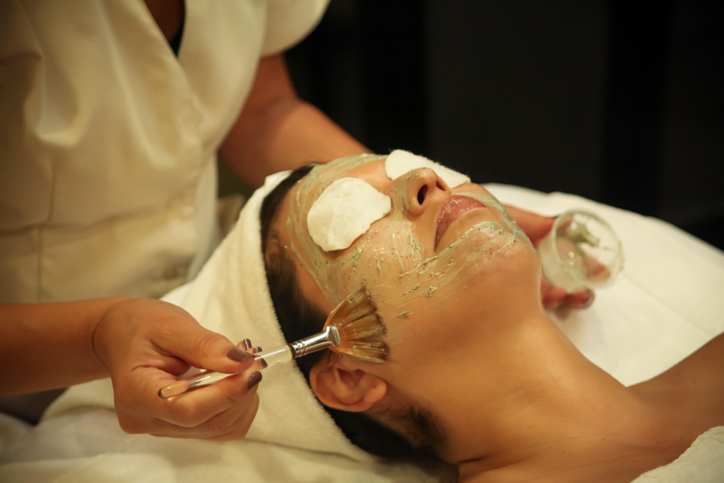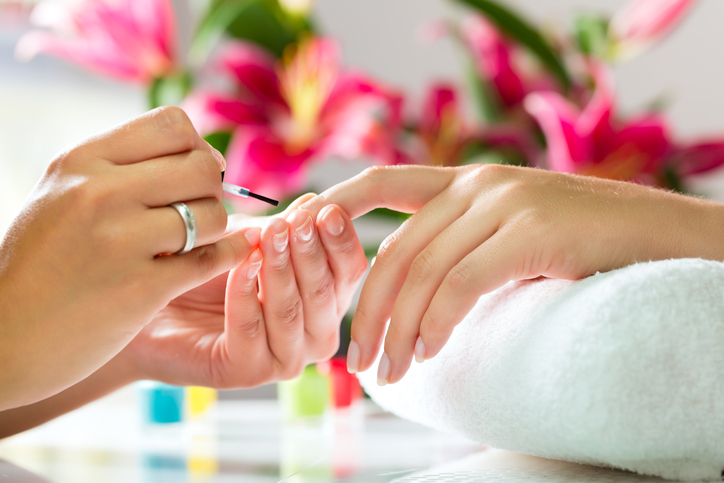A career in beauty and wellness can be a satisfying and exciting way to have a real impact on people’s everyday lives. Manicures, pedicures, hair removal services and spa treatments are not just superficial, they make clients feel better about themselves and become happier, confident, and more fulfilled.
Workers in the esthetic industry are used to adapting their days to the ebb and flow of the climate. Some days will bring with them a large influx of customers, others might bring a few clients with very specific needs and desires. But with the coronavirus changing society as we know it, what will estheticians need to do to adapt? Here are three things those considering a career in this field should know.
The Esthetics Industry is Still Necessary
Though the pandemic is transforming industries around the world and fundamentally changing the way we do business, we can expect the esthetics industry to maintain its existence in a post-COVID world. Perhaps it’ll have different facets, but thankfully for graduates of an esthetician program, it will remain essentially similar.

It’s a fundamental fact that people need to maintain a good self-image, and esthetic treatments are one of the ways many people do that. With mental health declining due to the pandemic and lack of social contact, esthetic services could help boost morale and make people feel better about themselves. Once things begin to open back up over the summer and fall, clients will start to flock back to spas and salons.
Post-COVID Precautions You’ll Need to Take for a Career in Esthetics
City streets, restaurants, cafes, and grocery stores are all taking precautions to accommodate social distancing measures and slow the spread of the coronavirus. For those in a career in esthetics, however, the situation is even more challenging. Whereas other shops and service providers can attempt to have clients avoid physical contact altogether, touch is central to the services in salons and spas.

his doesn’t mean that precautions should be abandoned altogether, though, and estheticians should still attempt to avoid unnecessary contact as much as possible. Though a client might need to be touched by a nail technician or spa therapist, contact can be limited between them. Cleaning and disinfection procedures should also be enhanced, and personal protective equipment (PPE) should be utilized by all workers as much as possible.
Taking Advantage of Available Technology Will Make All the Difference
Even before the pandemic began to disrupt the world, access to technologies that limit person-to-person contact and streamline the processes for exchanging goods and services was becoming widespread.
In the esthetics industry in a post-COVID world, utilizing these technologies can severely limit the risks of contagion. Online bookings, self-check-ins, and automatic or contactless payment methods can ensure that clients don’t crowd the waiting room or reception area unnecessarily. As an added bonus, these technologies can streamline services and cut costs.
Do you want to start working towards your esthetician diploma?
Contact Oxford College for more information!







